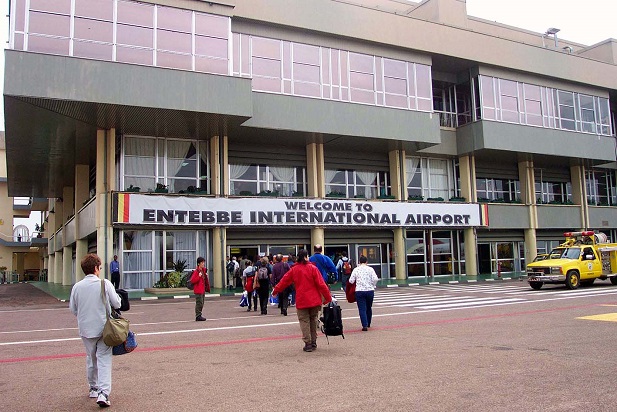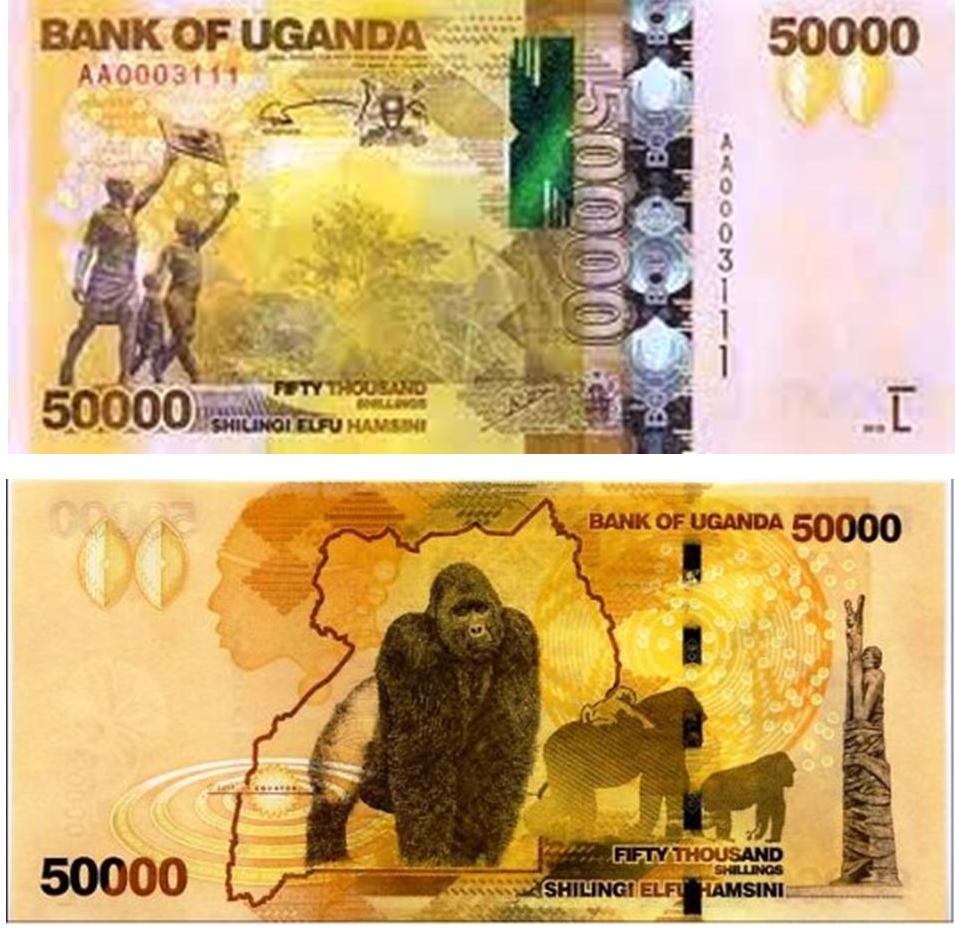On Friday, February 14th 2020, a meeting that was called in preparation for the Democratic Party’s delegates conference ended in a fist fight between some youths who are divided along political bigwigs within the party. The battle lines within the DP have been drawn on several fronts: namely, those who want to be the next party President and candidates who want to stand on DP ticket.
Three people Brenda Nabukenya, MP Muwanga Kivumbi and Lubega Mukaaku have all expressed interest in being party president and each havesupporters within the party. However, there have also been accusations that some party members are in the DP, but actually subscribe to the ideals of people power and the NRM.
Against the above background, Citizens’ Coalition for Electoral Democracy in Uganda (CCEDU) calls for peace and tolerance ahead of 2021 polls.
CCEDU adds that these accusations have led to the use of inflammatory language between party members and it has somewhat bordered on hate speech.
“As political parties, the electoral law is very clear on defamatory speech and intimidation by candidates while conducting campaigns. According to the Presidential Elections Act section 23(3) and the Parliamentary Elections Act section 21(3): A person shall not, while campaigning, use any language which constitutes incitement to public disorder, insurrection or violence or which threatens war; or (b) which is defamatory or insulting or which constitutes incitement to hatred,” CCEDU Acting Coordinator Charity Kalebbo Ahimbisibwe (pictured) says.
She says hate speech, intimidation, and violence are some of the traits that have characterized internal political party politics since the 1996 elections to date.
“In the past violence only seemed a preserve of national elections, but in the recent past CCEDU has documented increased violence in local by-elections like Arua, Buguiri and Hoima and has seen an increasing trend of violence and intimidation in party primaries,” she says.
While CCEDU appreciates the fact that Political parties are organizing to participate in the 2021 elections, it says political party actors should be seen to embrace the democratic value of tolerance and peace rather than violence and intimidation.
“Tolerance for diverse views should be harnessed as an indicator of political maturity. Political maturity is a cornerstone for sustainable development. Inflammatory or abusive language only serve to draw divisive lines and promote political intolerance. Therefore, CCEDU implores political actors to use respectful language that promotes peace and participation from all quarters,” Ahimbisibwe says.
CCEDU adds that elections and electoral processes by their very nature are contentious and tense so anything ranging from fist fights to abusive language can be sparked, if there are no deliberate steps taken by the leaders to promote, peace and tolerance.
“It would be commendable if political parties developed policies on peace, reconciliation and tolerance. Violence and intimidation in political parties can partly be attributed to discontent, frustration, mistrust and disgruntlement among the electorate and political actors. Unity at party level should supersede fractionalism so that healthy intra-party relations are developed,” she says.





